XamIdea Mathematics Class 12 2024
2024th Edition Xam Idea
Visit to download the full and correct content document: https://textbookfull.com/product/xamidea-mathematics-class-12-2024-2024th-editionxam-idea/

More products digital (pdf, epub, mobi) instant download maybe you interests ...

XamIdea Chemistry Class 12 2024 2024th Edition Xam Idea
https://textbookfull.com/product/xamidea-chemistryclass-12-2024-2024th-edition-xam-idea/

XamIdea Physics Class 12 2024 2024th Edition Xam Idea
https://textbookfull.com/product/xamidea-physicsclass-12-2024-2024th-edition-xam-idea/

XAM Idea Mathematics CBSE Class 10 2024th Edition Xam Idea
https://textbookfull.com/product/xam-idea-mathematics-cbseclass-10-2024th-edition-xam-idea/

Xam Idea Class 12 Chemistry Sample Papers 2023 2024th Edition Xam Idea
https://textbookfull.com/product/xam-idea-class-12-chemistrysample-papers-2023-2024th-edition-xam-idea/

XAM IDEA Mathematics Sample Paper Class 10 2023 2024th Edition Xam Idea
https://textbookfull.com/product/xam-idea-mathematics-samplepaper-class-10-2023-2024th-edition-xam-idea/

XAM Idea Science Class 10 2024th Edition Xam Idea
https://textbookfull.com/product/xam-idea-scienceclass-10-2024th-edition-xam-idea/
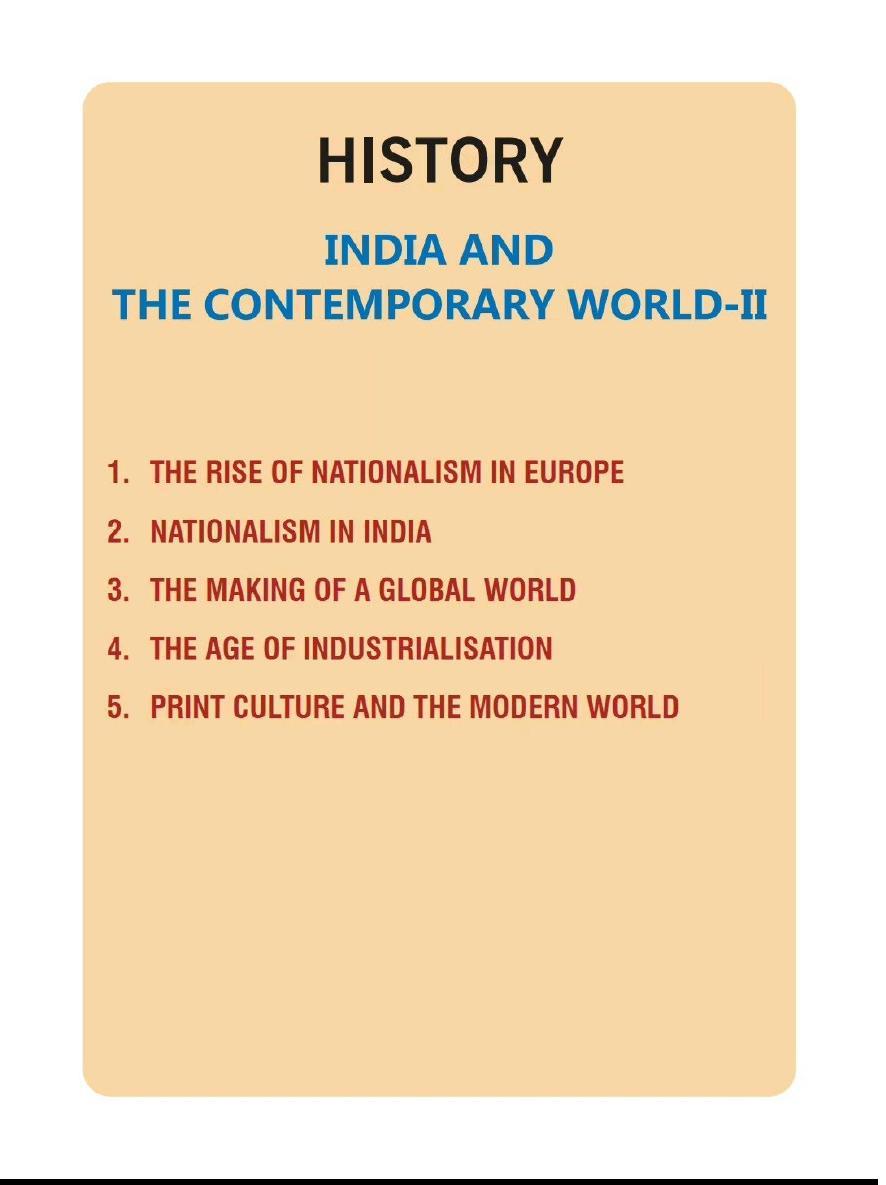
XAM Idea Social Science Class 10 2024th Edition Xam Idea
https://textbookfull.com/product/xam-idea-social-scienceclass-10-2024th-edition-xam-idea/

Xam Idea Class 12 Biology Sample Papers 2023 2023rd Edition Xam Idea
https://textbookfull.com/product/xam-idea-class-12-biologysample-papers-2023-2023rd-edition-xam-idea/

XAM IDEA Science Sample Papers Class 10 2023 2023rd Edition Xam Idea
https://textbookfull.com/product/xam-idea-science-sample-papersclass-10-2023-2023rd-edition-xam-idea/

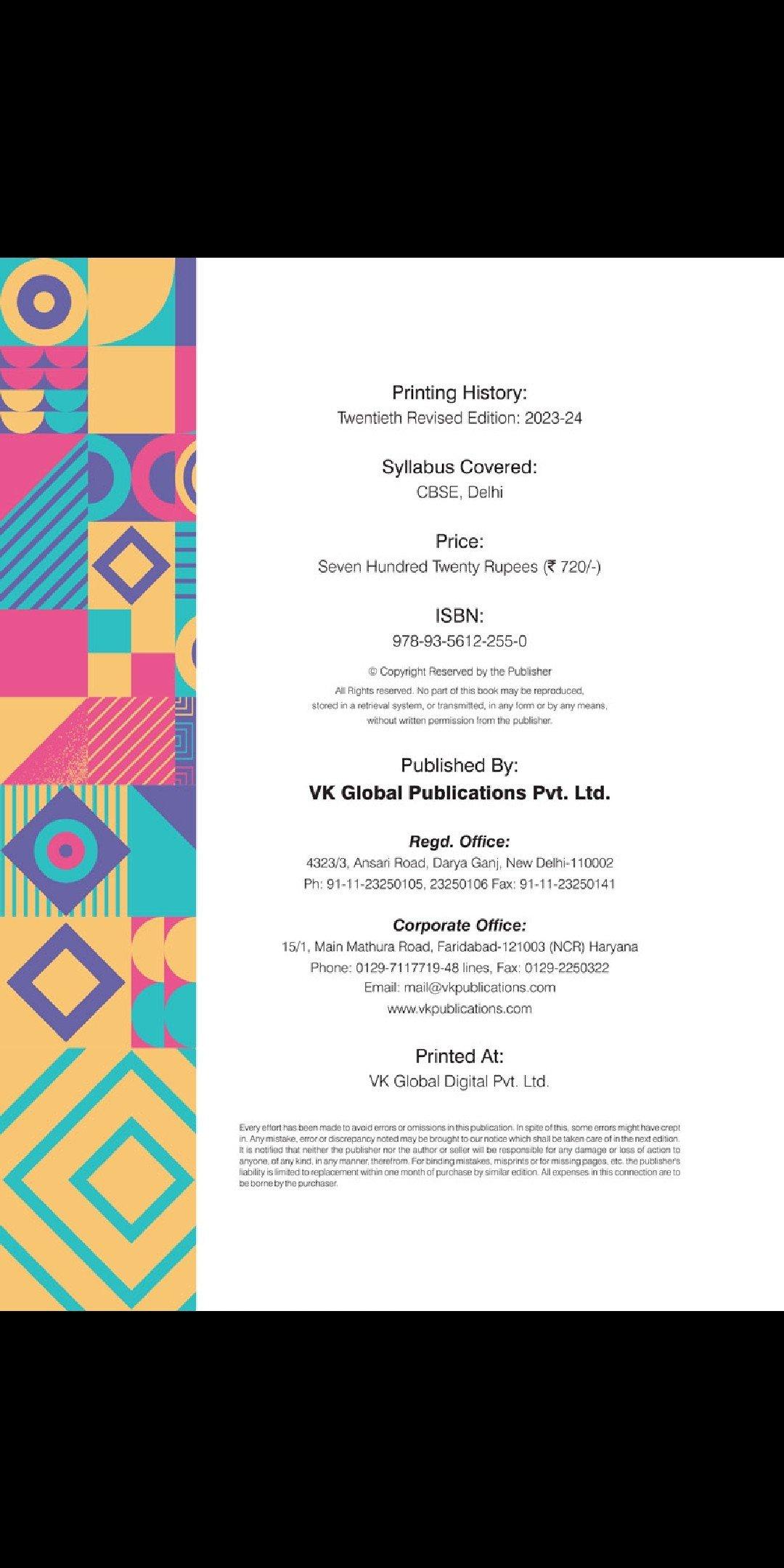
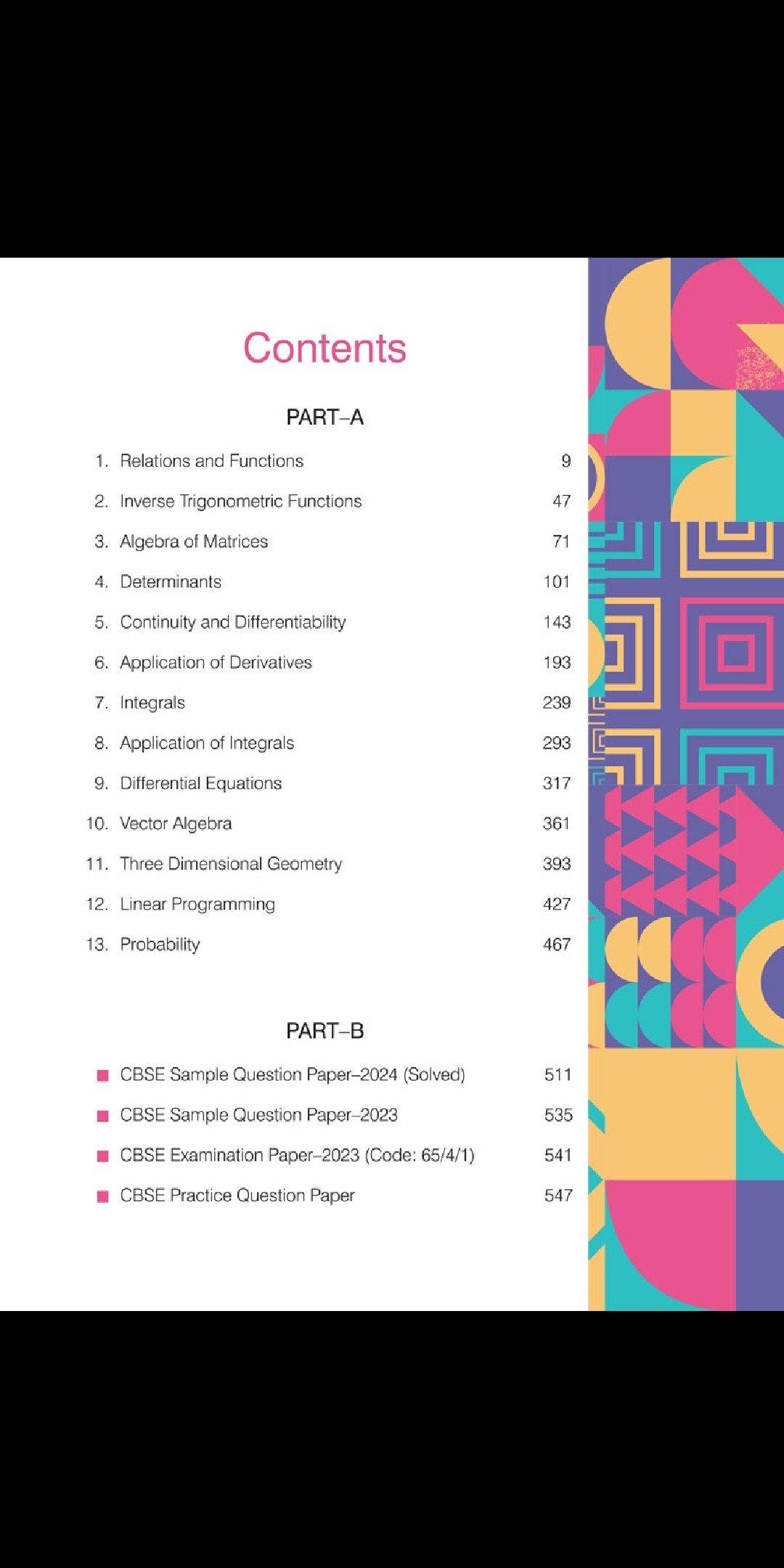
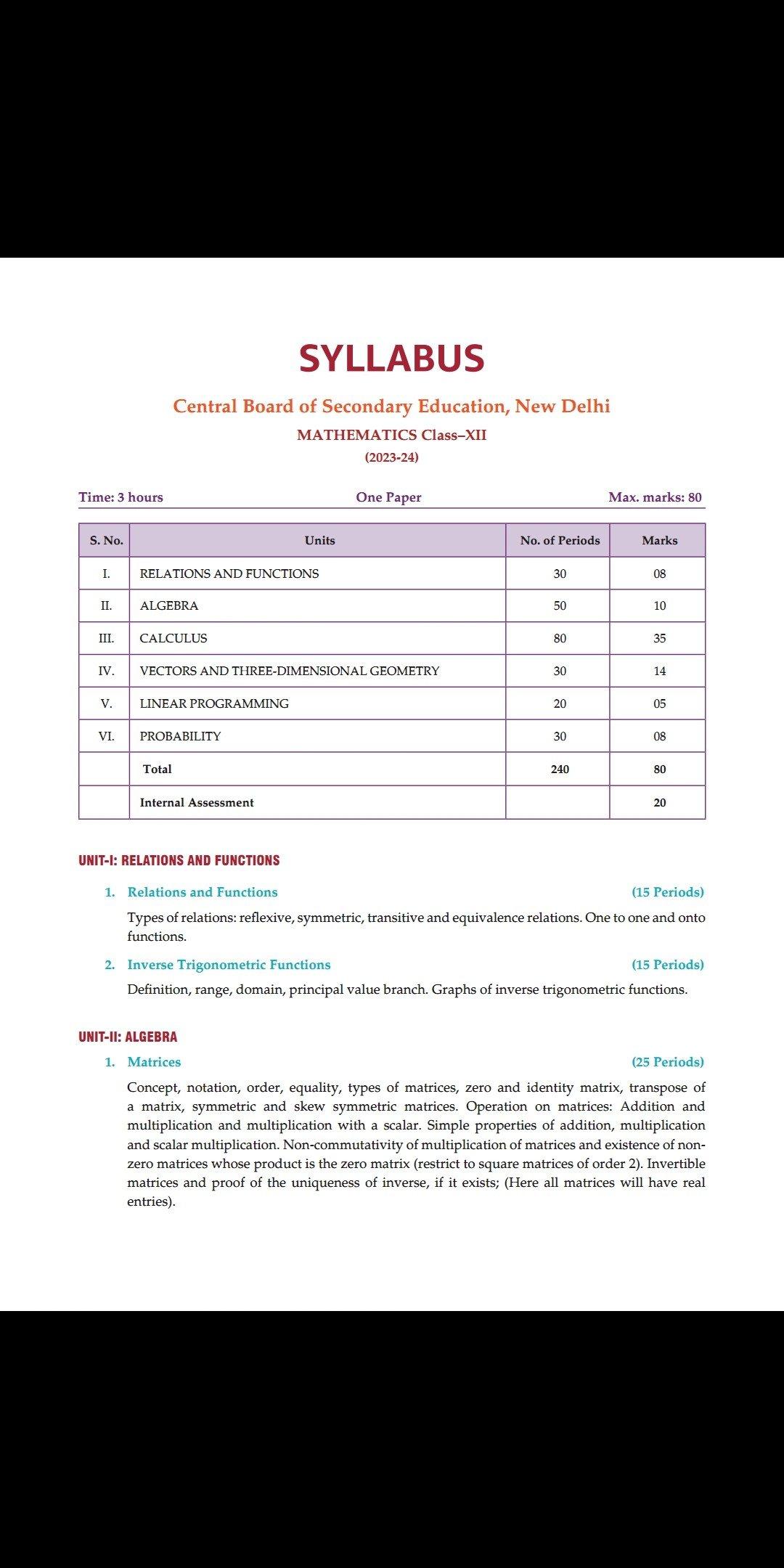
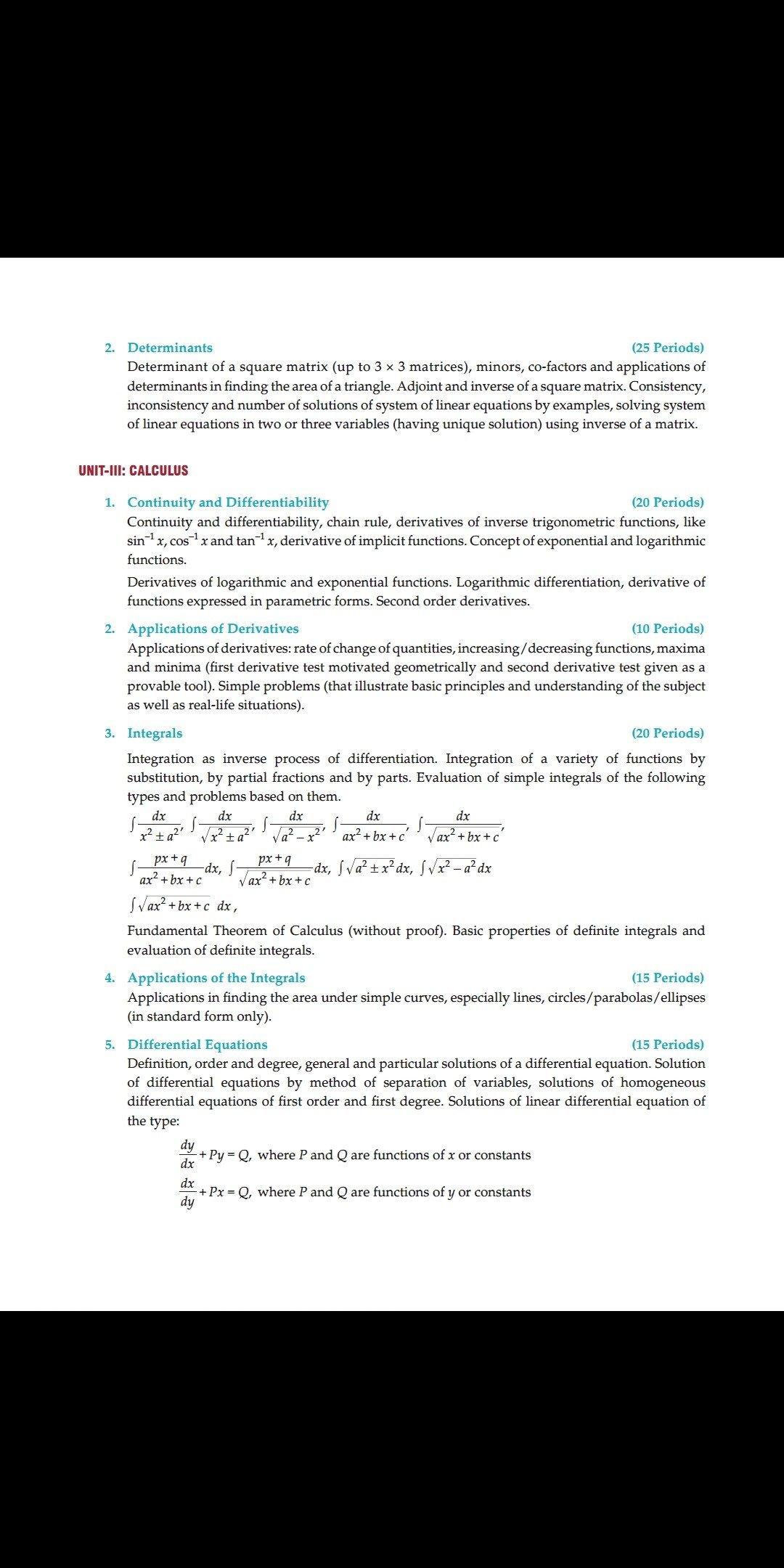


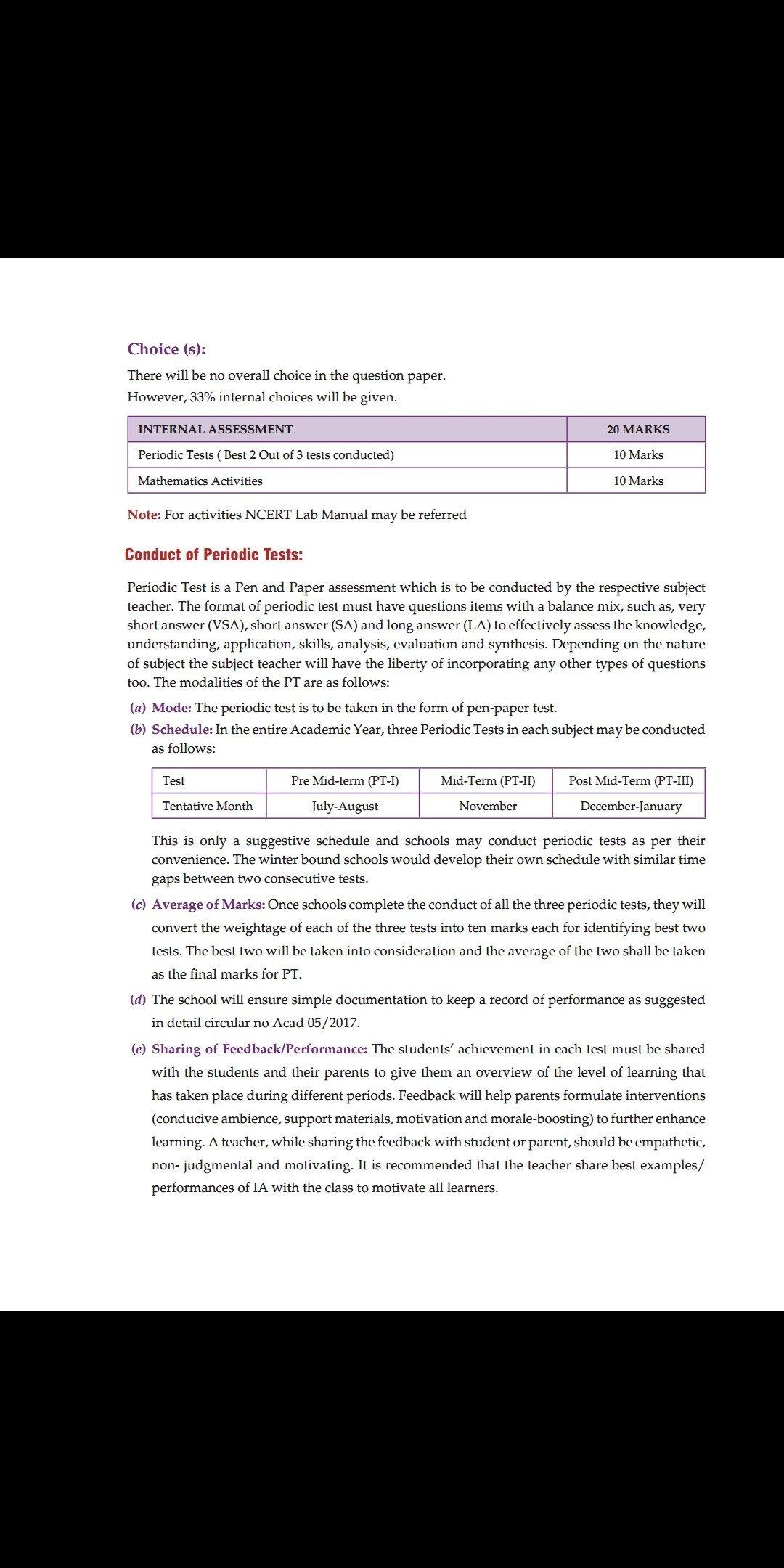







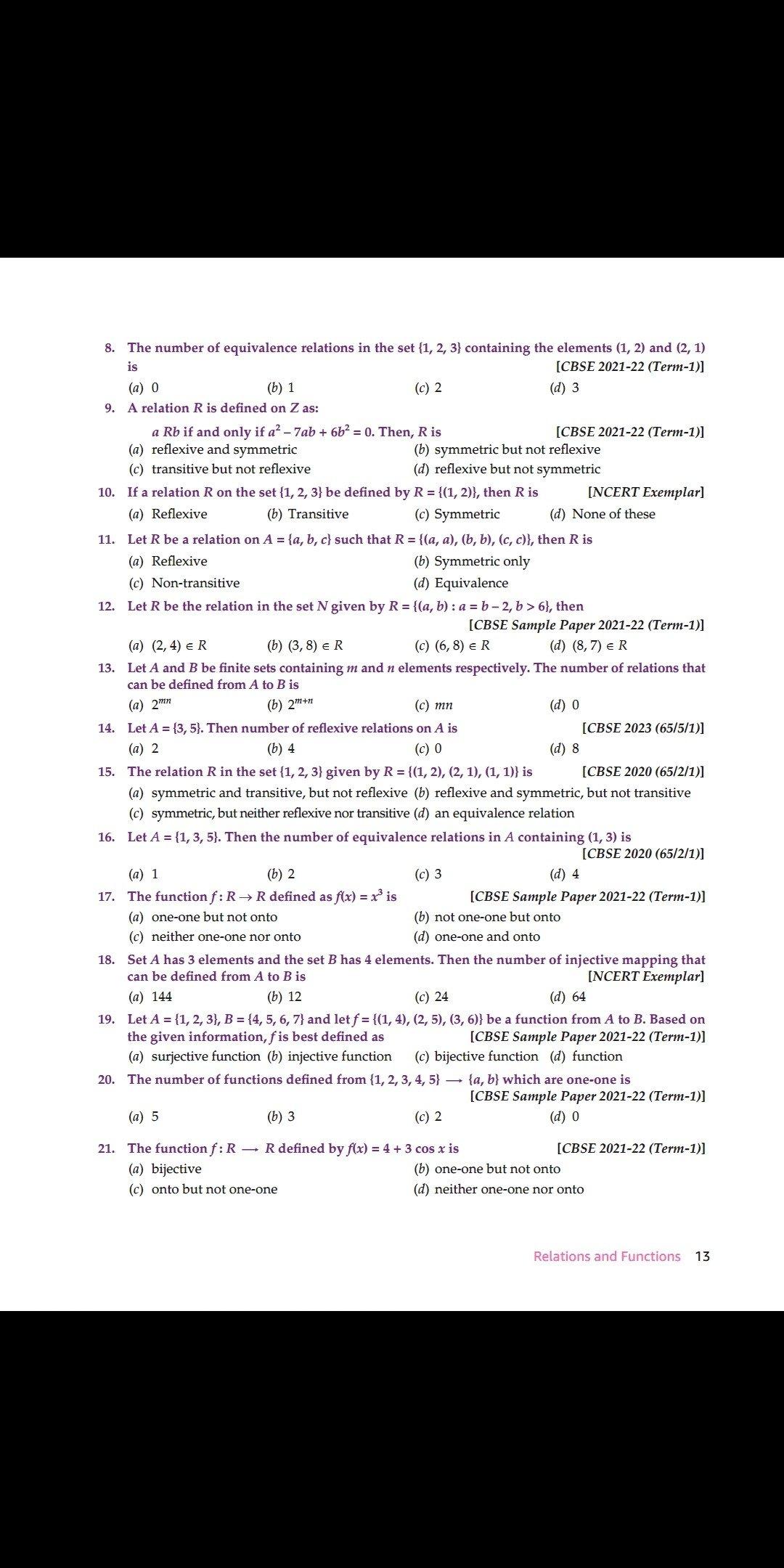
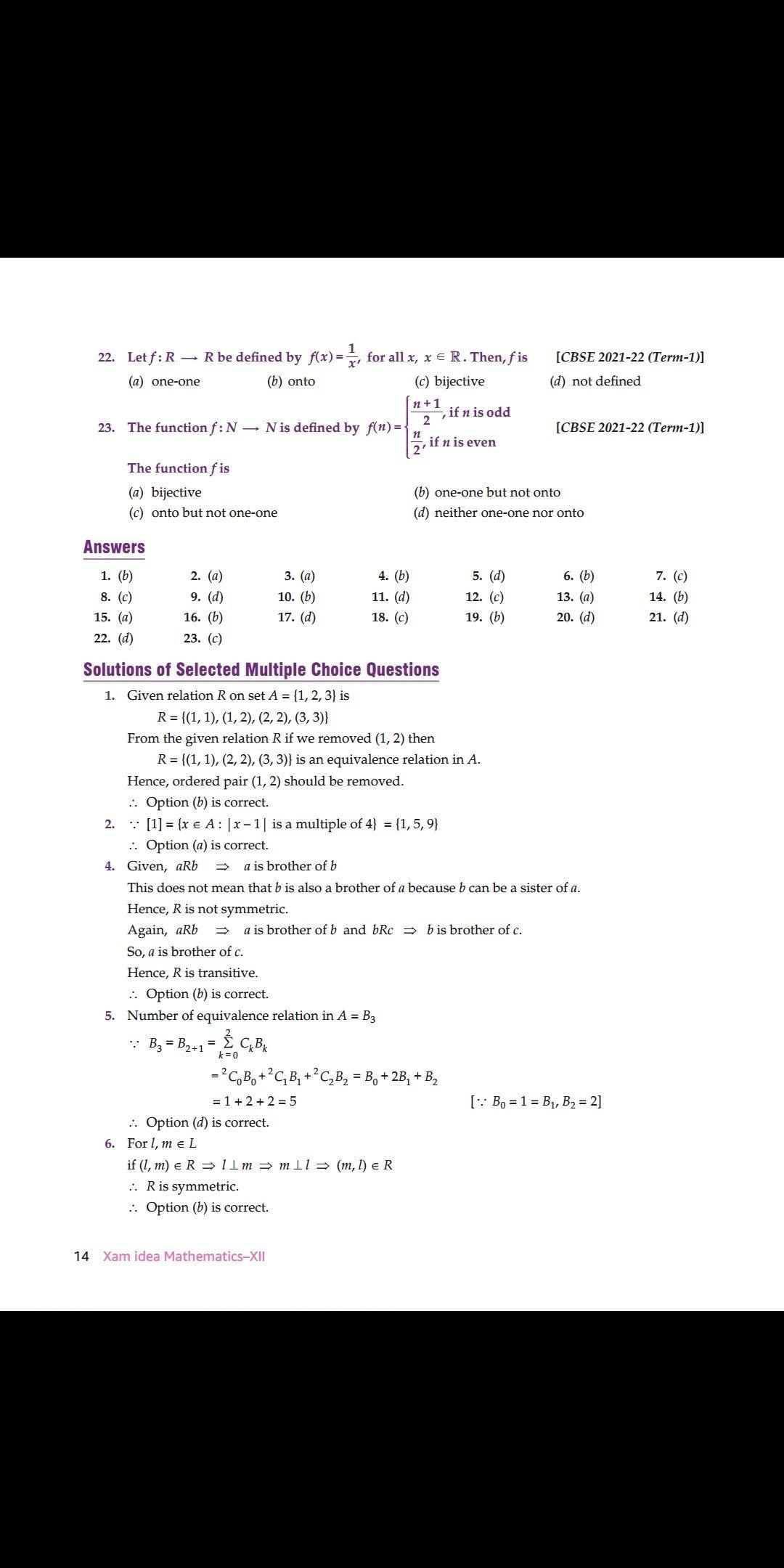

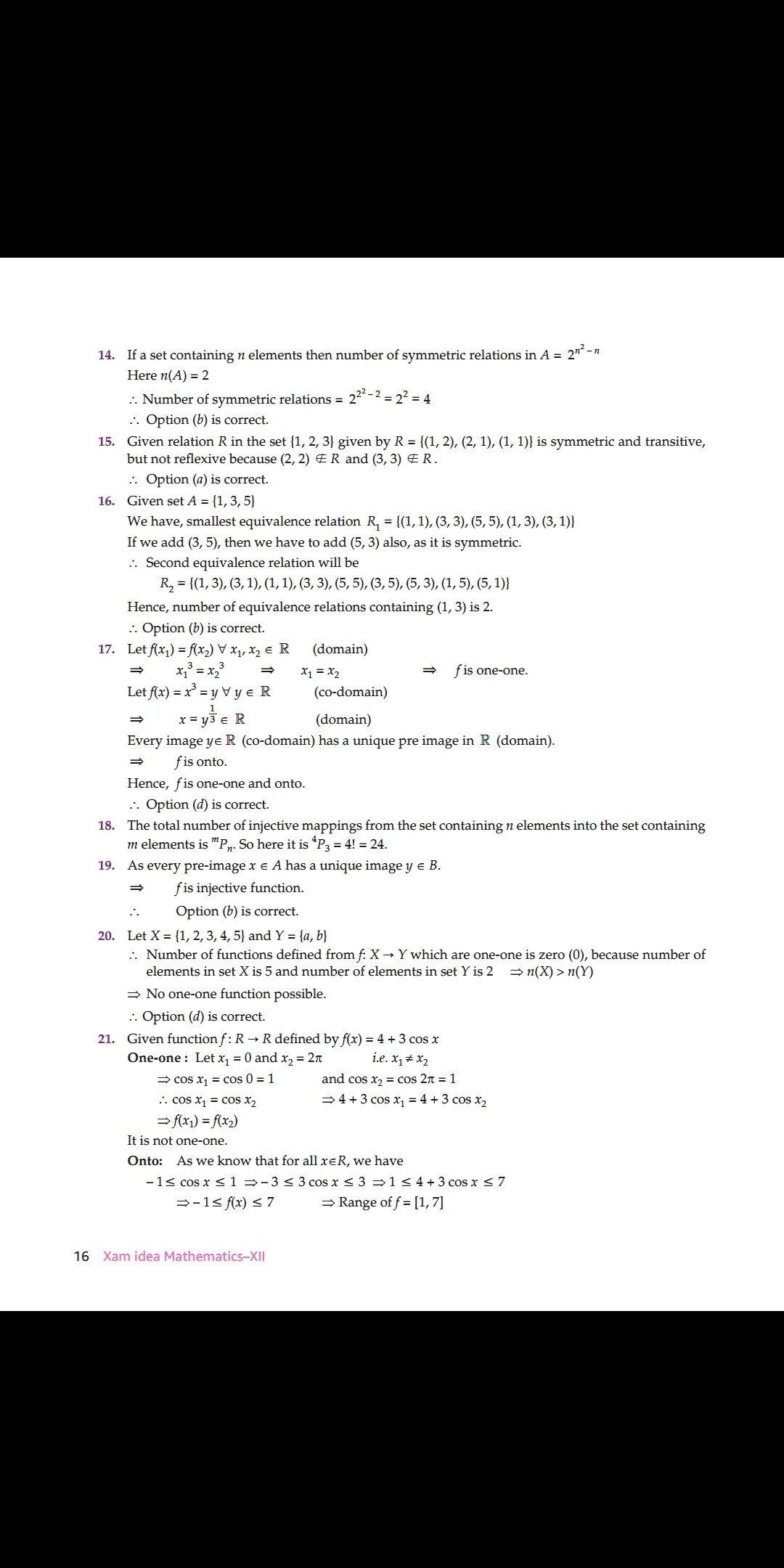
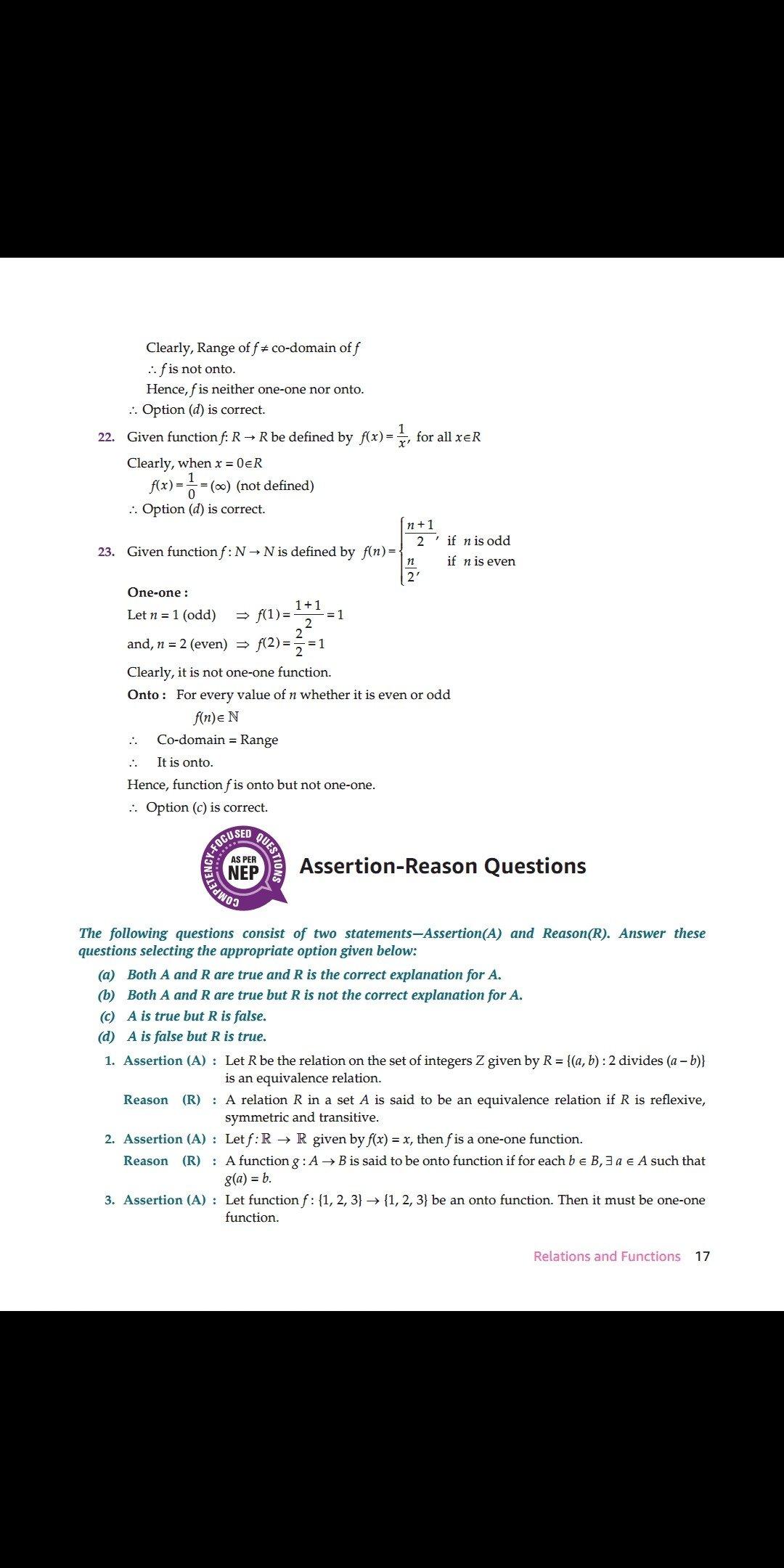
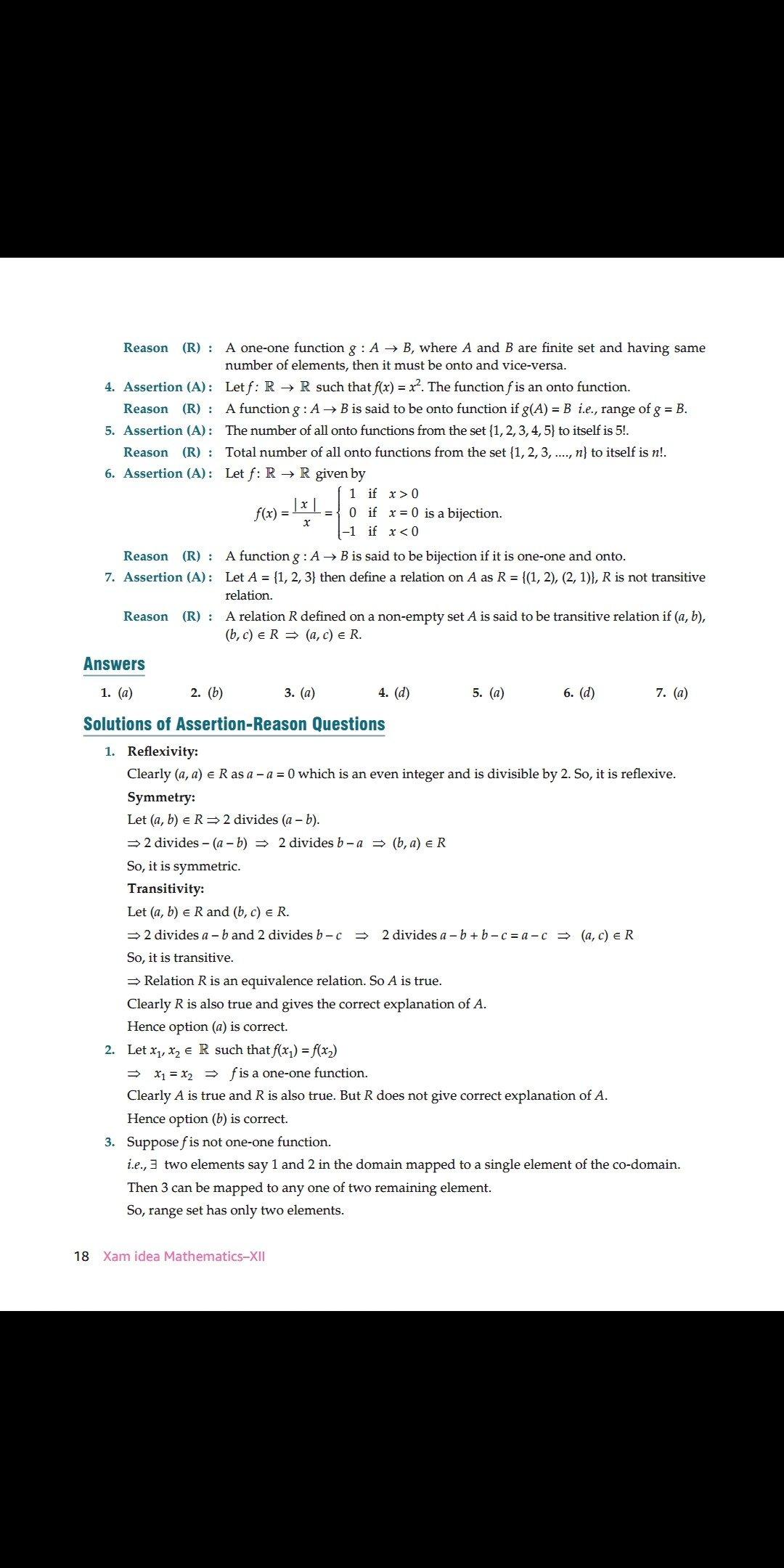

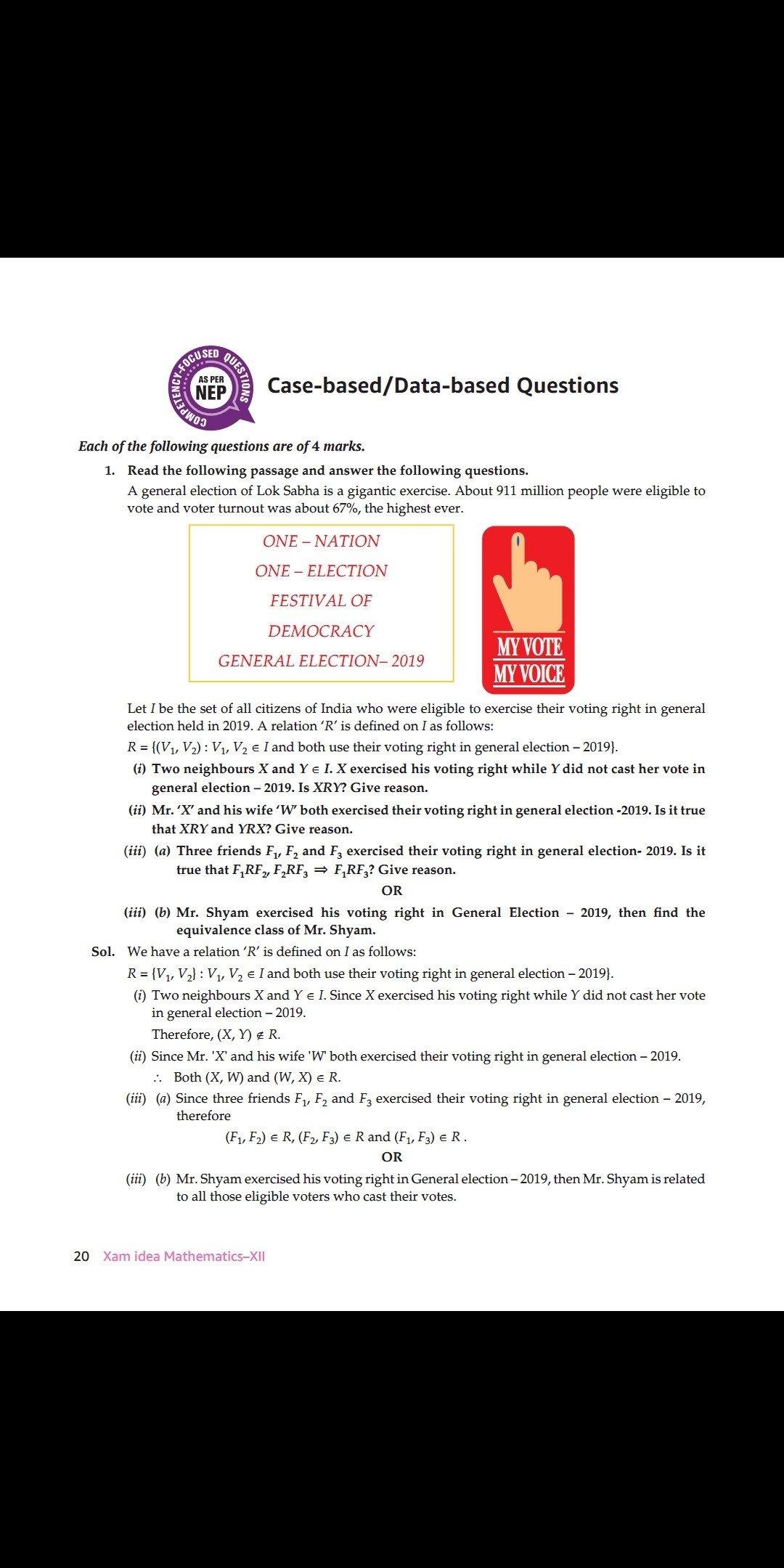


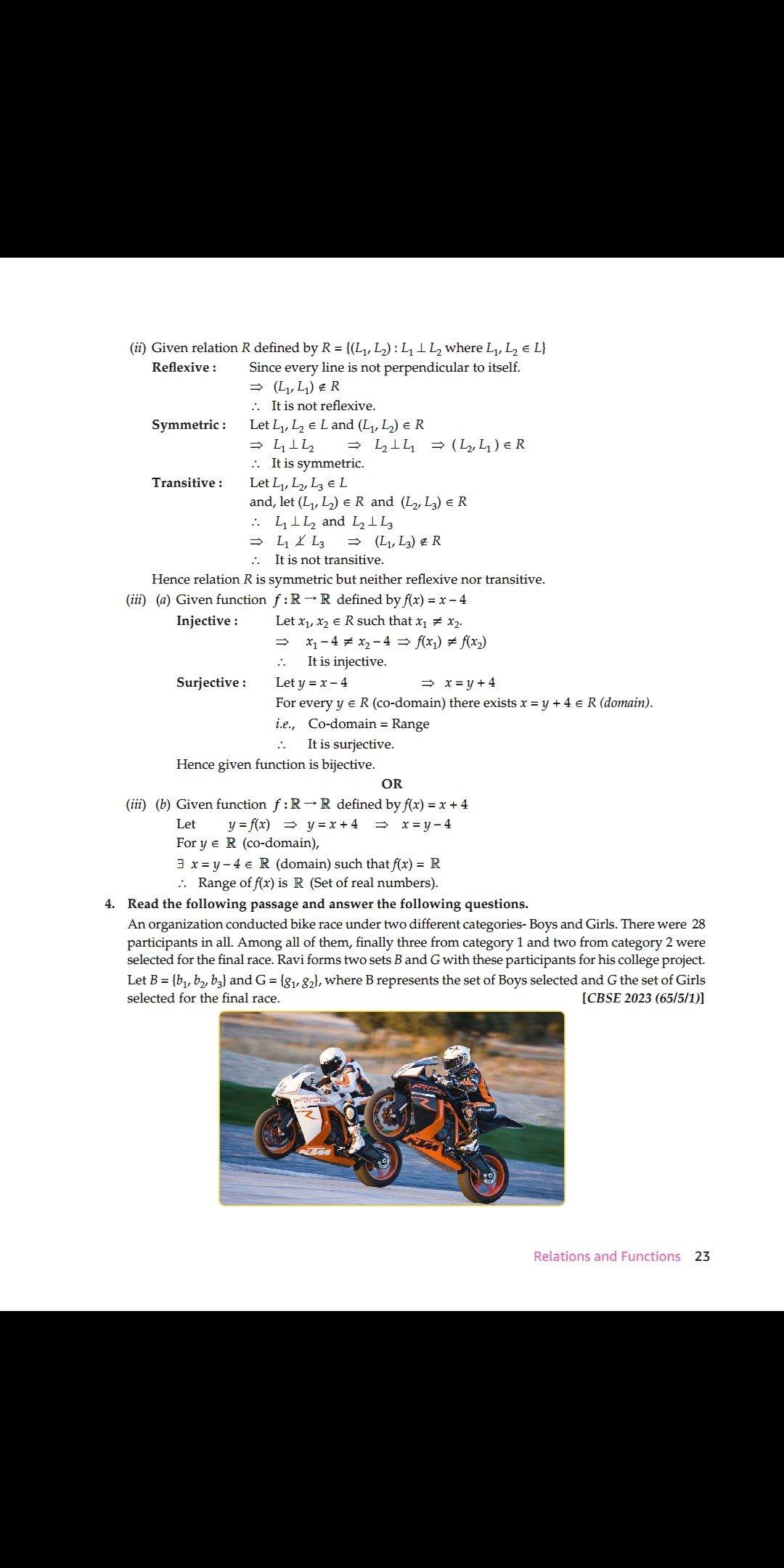
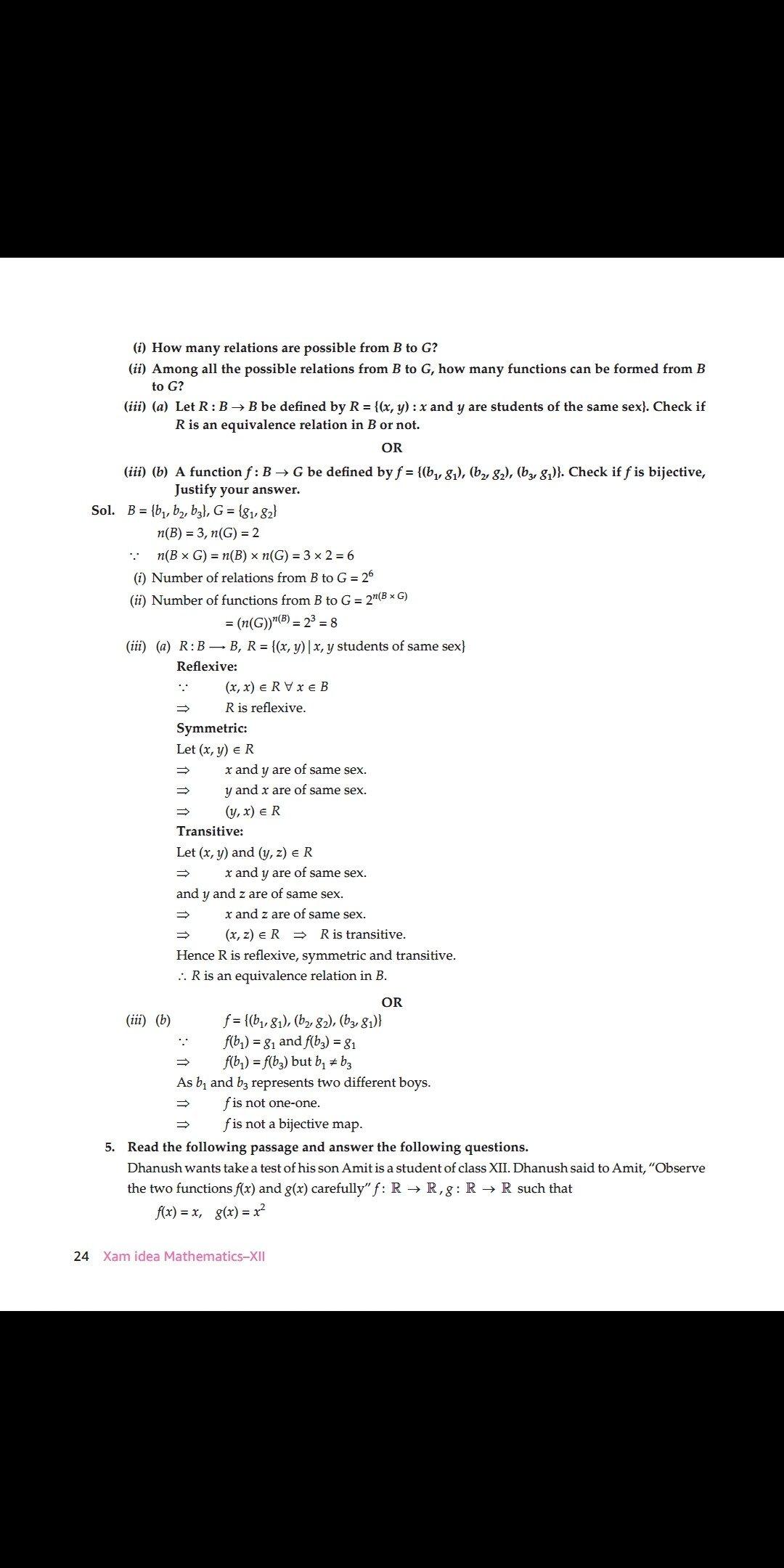

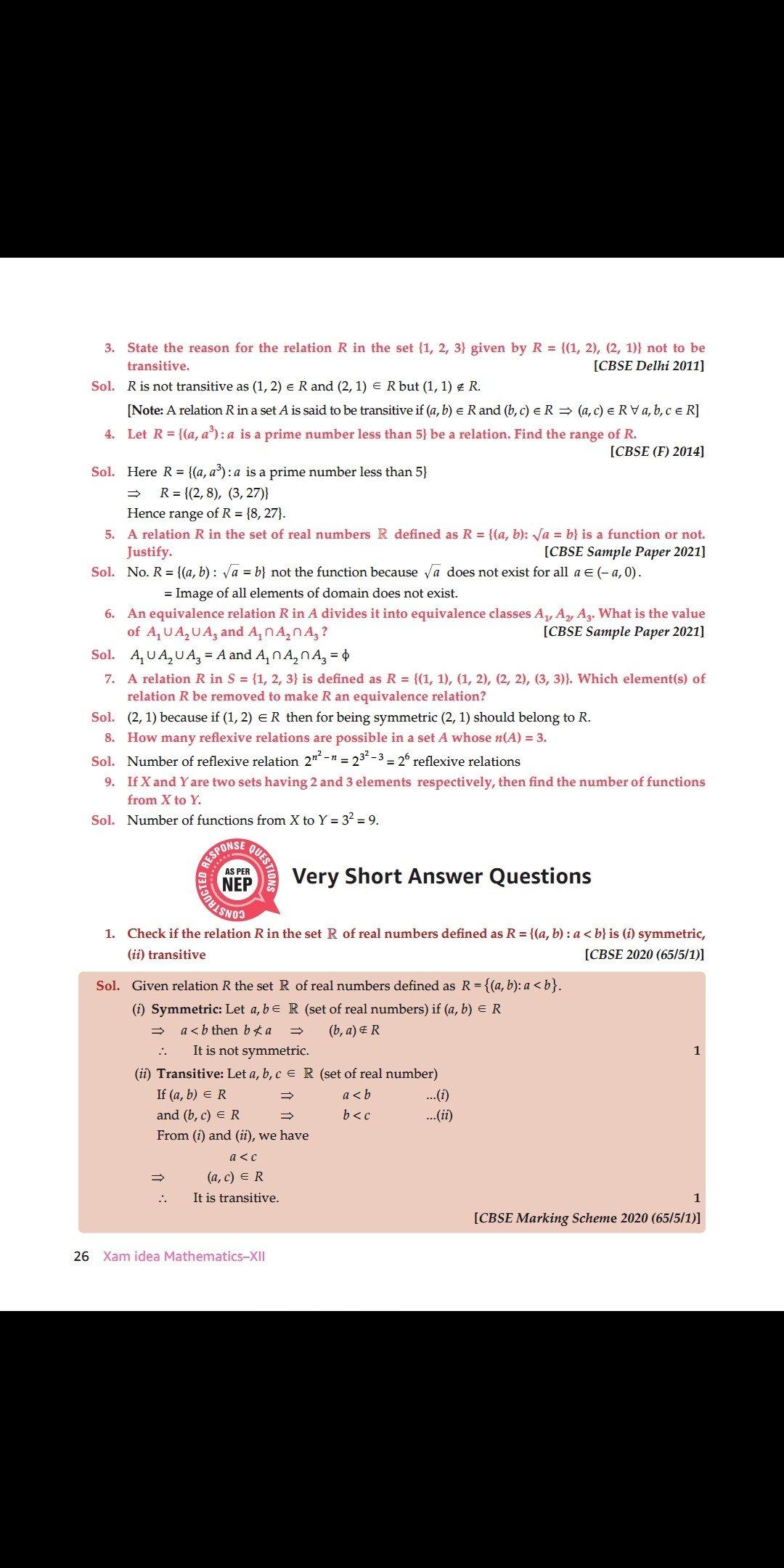
Another random document with no related content on Scribd:
might have gone farther back and mentioned the Negro contingent in the army of Xerxes the Great (when Britons were savages) and about which Herodotus so glowingly writes.
But even if Mr. Wells likes to take a popular crack at history, he is none the less a first-rate novelist in the tradition of Charles Dickens and I don't think he imagines himself a historian any more than I do, so one must be tolerant if his Outline has the earmarks of a glorified Research Magnificent.
Also, I did not like Mr. Wells's inspired articles on the Naval Conference. Paradoxically, I found myself sympathizing with the Daily Mail, which rebuked him for his offensive against Japan. Mr. Wells injected much violent prejudice into what should have been unbiased reporting. While Mr. Wells was outlining history, he might have reserved a little of his English sentimentality for Japan, from the knowledge that Japan might not have been a "yellow peril" today if the white powers hadn't broken open her door and forced their civilization upon her.
Wells's little Liberator reception was a question-time picnic for the Liberator collaborators—especially for the ladies, to whom Wells is exceptionally attractive. They asked him many questions about the war and the peace and the aftermath, about Russia and Europe, Japan and America and universal peace. Mr. Wells smilingly and slickly disposed of all problems to the satisfaction of all.
William Gropper, the artist, and I had concocted a plan to ask some impish questions. But everybody was very pleasant. It was a nice party. So we said nothing. I was standing, leaning against the mantelpiece, and Mr. Wells approached me in a sly way as if he desired a close-up scrutiny of me without my knowing it. I seized the opportunity to take a good quick look at Mr. Wells's eyes. Journalists always write about the jolly twinkle in Mr. Wells's eyes. I didn't like them. They made me think of a fox.
Some years later, after my trip to Russia and returning to France, I met Frank Harris in Nice. I was in the company of a brilliant American writer who was meeting Frank Harris for the first time. We went to the Taverne Alsacienne for our drinks. Mr. Wells had recently
published his William Clissold, which we had all read and were discussing.
Frank Harris said that what amazed him about H.G. Wells was the fact that the more he tried consciously to expand his writings on a world scale, the more provincial they became. I said, "The higher a monkey climbs, the more he shows his tail." Frank Harris roared. Then he said that perhaps Wells himself was not aware that his early novels of fantasy and sentiment were his most universal things.
The American writer, said that an English gentleman had remarked to him in London that Wells as a writer was a cockney I didn't like the reference to class, especially as I had at least two very dear cockney friends. Harris said that Wells wasn't a cockney as a writer; that he was a fifth-form public school boy, the same as Kipling. I said I always thought of Kipling as the bugler of the British Empire, and that perhaps Wells was the sub-officer.
It was interesting, after another little lot of years had passed along, to read what Wells had to say about Harris in his Experiment in Autobiography. Wells's first encounter with Frank Harris interested me, especially because of the fact that my own meeting with Harris was one of the high spots of my life. But it appears as if Wells could not forgive Harris for once being a big and successful editor and discovering him a poor and unknown writer. He writes of Harris's roar receding with the years until it sounded something like a bark. But a lion may lose its voice through age and worry. Wells mentions one interesting fact, which must be one of the reasons why Harris was such a great editor. The first story he sent to Harris was excellent; the second, Wells admits, was bad. And Harris summoned and gave him a loud talking to over the bad one. Yet when Harris became editor of another magazine, he remembered only the good story and wrote to Wells asking him to become one of his special contributors. And that gave Wells his real start. The point is that many editors wouldn't remember at all, or if they did, they would remember only that the second contribution was bad.
The American writer left us for Cannes, and Harris invited me to drink champagne with him. We went to the terrace of a café on the
Promenade. Harris was not a steady free drinker as he was when I had known him seven years before in New York. His skilful hands trembled under the weight and accumulated cares of three-score years. His hair was dyed, and from the heat of the Midi and of alcohol some of the color had dissolved and mixed with the perspiration oozing from the deep lines of his face, which resembled an antique many-grooved panel with some of the paint peeled off.
Again Frank Harris talked reminiscently and interestingly as always of his acumen in perceiving greatness in Bernard Shaw and H.G. Wells and getting them to write for him when they were unknown. "But I am prouder of Shaw," he said. "Shaw is really a great genius. I don't always agree with what he says, and he went wrong about the War, but his 'Common Sense' was a great piece of polemic. Shaw has intellectual integrity. But I don't think Wells understands what intellectual integrity means. He is too full of vanity to be a serious intellect. He is a modernistic fiction writer who is discontented with his talent and wants to be a social philosopher. But he is impossible because he has never learned to think."
I said I thought it was a marvelous thing, something like secondsight, for a man to pick a genius by his first inadequate efforts. Harris said that it took a genius like himself to discover geniuses, and that as an editor, he never played favorites. When he found good stuff he accepted it. But he didn't go back-slapping and printing bad verses by pretty women. He had had great temptations, but he never let his desires interfere with his intellectual judgment.
His manner was boastful but not offensively so, for I think Frank Harris had something to boast about. After all, he was Gaelic, and I preferred his manner to the hypocritical English way of boasting by studied understatement. And when he spoke of the enormous financial as well as artistic success of Shaw and Wells, there was no envy, but I could detect a shade of personal defeat and frustration in his voice.
Frank Harris's phrase, "intellectual integrity," kept agitating my thoughts like a large blue-bottle against a window pane. For a long long time I had carried something on my mind which I had hesitated
to get off. But now, with the champagne working in my head and a warm and mellow feeling suffusing me, and with Frank Harris's features softening a little, I was emboldened to let go.
During my second year as assistant editor on The Liberator a woman called to see me one day bringing a little book of poems. She offered me ten dollars if I would review it in The Liberator. I said that The Liberator did not accept money for printing reviews, but if her poems seemed worth while, we would review them. She said that she had paid Frank Harris a thousand dollars to get the book printed, yet he hadn't even reviewed it in Pearson's. And afterward, she said, she had seen a literary agent who informed her that the cost of printing was about two hundred dollars. She thought that Frank Harris had swindled her. I did not review the verses, because to my mind, they were not worth while.
Also, I had heard stories of Frank Harris posing as an art connoisseur and palming off fake pictures as old masters, and of his getting material for his magazine from writers who thought they would be paid and then not paying them—tales of petty racketeering that were more funny than vicious. And so, being champagne drunk with Harris on a café terrace looking out on the calm blue Mediterranean, and feeling elastic and free, I, who admired the extraordinary ways of Frank Harris more than any other intellectual of my acquaintance, was interested to hear from himself the truth. I told him the story of that woman who had visited The Liberator and complained about him.
Frank Harris was wonderful to look at under the influence of the champagne, his lion-roaring, his face like a pirate's, yet with a sublime gleam of genuine kindliness in his eyes! What I said he did not affirm or deny. He just exploded with a mighty sermon about the artist and intellectual integrity He said that the way of the artist was hard, for if he had a talent that appealed to popular imagination, everybody desired to use him—women and men, politicians, philanthropists, reformers, revolutionists, organizations, governments. Many artists won success by sacrificing their intellectual integrity. He himself had had large success. But whenever he felt the urge and the bounden duty to declare his
opinion, he could not restrain himself, and so he had not remained successful. He had not been a puritan about life. Perhaps he had done things that Jesus would not have done. But he had not given his soul entirely to Mammon. Perhaps he had taken gifts from persons who thought they had been swindled and who were better off perhaps, if they were. But whatever he did he had reserved intact his intellectual integrity.
It was a great sermon and I felt that Frank Harris was greater because of it. He was no hypocrite. He had no social pretensions, although he delighted in the company of smart and fashionable people. He was aware, that there was plenty of dross inseparable from the gold of life, and he embraced the whole. Nobody could deny that he was indeed a follower of the Jesus who dominated his mind, that he sincerely believed in sin and redemption.
XII
"He Who Gets Slapped"
MY radical days on The Liberator were sometimes rosy with romance. Friends vied with friends in giving me invitations to their homes for parties and car rides and in offering tickets for plays and concerts. And even more. I remember I had a pressing debt of honor to settle. And one day a staunch friend of The Liberator, Elizabeth Sage Hare, handed me a check for five hundred dollars. She also invited me to tea at her house in Park Avenue or Fifth, I don't quite remember, but it was somewhere in the exclusive Faubourg Bourgeoisie.
Liberator friends introduced me to a few of those Greenwich Village tearooms and gin mills which were not crazy with colorphobia. And I reciprocated by inviting some of them up to the cabarets and cozy flats of Harlem. I did not invite my friends to the nice homes of the Negro élite, simply because I did not have an entrée.
Once Sanina condescended to entertain I think four friends—all men. When we arrived we found Sanina set in a circle of dark-brown girls, all cunningly arranged to heighten her quadroon queenliness. It was an exciting tableau, with a couple of sweetmen decorating the background.
But Sanina knew that I held a genteel position, sitting in an editor's chair among the whites downtown. (She was a faithful reader of True Stories.) So more than ever that night Sanina invested her unique position in Harlem with majesty. She was the antithesis of the Little Brown Jug of Charlie Chaplin's party. She brought out a bottle of rum for the glory of Jamaica, and holding it like a scepter, she poured royally. I believe my friends were thinking that they also would have to pay royally. But the evening was Sanina's affair. She provided everything free and formally and with the air of a colored queen of respectability and virtue. Meanwhile her shrewd brown eyes seemed to be saying: "I'll show you white folks!" She was a different Sanina to me. Indeed, she was a creature of two races that night, with the blood of both warring in her veins.
Our editor-in-chief possessed none of the vulgar taste for cellar cabarets. Yet one evening Max Eastman said he would like to go on a cabaret party to Harlem. He was accompanied by another friend. We were welcomed at Barron's, where white people were always welcome and profitable business. Barron was a big man in Tammany politics. But I wanted particularly to go with my white friends to Ned's Place on Fifth Avenue. Ned and I had been friends when I had run a restaurant in Brooklyn some years previously. He was living in Brooklyn and often dropped in at my place to eat. Then my business went bankrupt and we lost sight of each other A few years later, when I was waitering on the railroad, I discovered Ned operating a cabaret on Fifth Avenue in Harlem. I introduced all of my railroad friends to the place. Our crew used to rendezvous there and unload ourselves of our tips.
Ned's Place was a precious beehive of rare native talent and customers. A big black girl from Brooklyn with a mellow flutelike voice was the high feature. And there was an equivocal tantalizing boy-and-girl dancing team that I celebrated in Home to Harlem.
When that boy and girl started to shake together they gave everybody the sweet shivers. The place was small and Ned was his own master of ceremonies. With a few snappy flashes he could start everybody swaying together in a merry mood, like a revival leader warming up his crowd.
Ned's was one place of amusement in Harlem in which white people were not allowed. It was a fixed rule with him, and often he turned away white slummers. This wasn't entirely from pride-of-race feeling, but because of the white unwritten law which prohibits free social intercourse between colored and white. The big shots of the amusement business in Harlem, such as Barron, got by the law, for they were Tammany men. But even they were surprised and messed up sometimes by the vice squads. Ned said he preferred to run a "small and clean business" rather than to start treading in the quicksands of bribes.
However, I had become so familiar with Max Eastman, and his ideas and ways were so radically opposed to the general social set-up of white-without-black, that it was impossible to feel about him as a black does about a white alien. And I was such a good and regular customer of Ned's that I thought he would waive his rule for me. But I thought wrong that time.
We arrived at the door of the cabaret, from where Max Eastman could get a glimpse inside. He was highly excited by the scene, and eager to enter. But the doorman blocked the way. I beckoned to Ned, but his jovial black face turned ugly as an aard-vark's and he acted as if I was his worst enemy. He waved his fist in my face and roared: "Ride back! Ride back, or I'll sick mah bouncers on you-all!"
Max Eastman and his friend and I made a quick retreat. Eastman didn't mind. He said he was happy that there was one place in Harlem that had the guts to keep white people out. There are no such places left today. Harlem is an all-white picnic ground and with no apparent gain to the blacks. The competition of white-owned cabarets has driven the colored out of business, and blacks are barred from the best of them in Harlem now.
Always I was inflamed by the vision of New York as an eye-dazzling picture. Fascinated, I explored all points in my leisure moments, by day and by night. I rode all the ferries. I took long trips, from the Battery to the Bowery, from Broadway through Harlem to the Bronx. I liked to walk under the elevated tracks with the trains clashing and clanging overhead. There was excitement when the sudden roaring of the train abruptly blotted out conversation. Even the clothes suspended in the canyon tenements appeared endowed with a strange life of their own. In the stampeding hours of morning, noon, and evening, when the crowds assumed epic proportions, I was so exalted by their monster movement that I forgot that they were white. I particularly remember some nocturnal wanderings with Adolf Dehn, the artist, spanning blocks upon blocks along the East River, and the vast space-filling feeling of the gigantic gas tanks. One loves in New York its baroque difference from the classic cities, the blind chaotic surging of bigness of expression. I remember how, when I worked in the West Eighties and spent my rest time loitering along Riverside Drive, the black giants of the New York Central, belching flame and smoke and dust along the façades of the fine palaces, created a picture like a caravan of modern pirates coming home in a rolling cloud of glory. The grim pioneer urge of the great pragmatic metropolis was a ferment in my feeling.
Often I was possessed with the desire to see New York as when I first saw it from the boat—one solid massive mammoth mass of spiring steel and stone. And I remember one week-end when Eugen Boissevain offered a ride over to Jersey, whence one could see New York in that way. Max Eastman was with us. We drove up to a summit commanding a grand view of the city. We stood there a long time drinking in the glory of the pyramids. Afterward we drove aimlessly around the country. Finally we became hungry. We stopped at several hotels and restaurants, but none would serve the three of us together. At last one place offered to serve us in the kitchen. So, being hungry, all three of us went into the kitchen. The cooks were frying and roasting at the stove. Kitchen help were
peeling potatoes, washing dishes, cleaning up garbage. We sat down at the servants' table, where a waiter served us.
It was one of the most miserable meals I ever ate. I felt not only my own humiliation, but more keenly the humiliation that my presence had forced upon my friends. The discomfort of the hot bustling kitchen, the uncongenial surroundings—their splendid gesture, but God! it was too much. I did not want friends to make such sacrifices for me. If I had to suffer in hell, I did not want to make others suffer there too. The physical and sensual pleasures of life are precious, rare, elusive. I have never desired to restrict the enjoyment of others. I am a pagan; I am not a Christian. I am not white steel and stone.
On many occasions when I was invited out by white friends I refused. Sometimes they resented my attitude. For I did not always choose to give the reason. I did not always like to intrude the fact of my being a black problem among whites. For, being born and reared in the atmosphere of white privilege, my friends were for the most part unconscious of black barriers. In their happy ignorance they would lead one into the traps of insult. I think the persons who invented discrimination in public places to ostracize people of a different race or nation or color or religion are the direct descendants of medieval torturers. It is the most powerful instrument in the world that may be employed to prevent rapproachement and understanding between different groups of people. It is a cancer in the universal human body and poison to the individual soul. It saps the sentiment upon which friendliness and love are built. Ultimately it can destroy even the most devoted friendship. Only super-souls among the whites can maintain intimate association with colored people against the insults and insinuations of the general white public and even the colored public. Yet no white person, however sympathetic, can feel fully the corroding bitterness of color discrimination. Only the black victim can.
It was at this time that I wrote a series of sonnets expressing my bitterness, hate and love. Some of them were quoted out of their context to prove that I hate America. Mr. Lothrop Stoddard was the chief offender in his The Rising Tide of Color.
Here are the sonnets:
BAPTISM
Into the furnace let me go alone; Stay you without in terror of the heat. I will go naked in—for thus 'tis sweet— Into the weird depths of the hottest zone.
I will not quiver in the frailest bone, You will not note a flicker of defeat; My heart shall tremble not its fate to meet, My mouth give utterance to any moan. The yawning oven spits forth fiery spears; Red aspish tongues shout wordlessly my name. Desire destroys, consumes my mortal fears, Transforming me into a shape of flame.
I will come out, back to your world of tears, A stronger soul within a finer frame.
THE WHITE CITY
I will not toy with it nor bend an inch. Deep in the secret chambers of my heart I brood upon my hate, and without flinch I bear it nobly as I live my part.
My being would be a skeleton a shell, If this dark Passion that fills my every mood, And makes my heaven in the white world's hell, Did not forever feed me vital blood.
I see the mighty city through a mist—
The strident trains that speed the goaded mass, The fortressed port through which the great ships pass, The tides, the wharves, the dens I contemplate, Are sweet like wanton loves because I hate.
THE WHITE HOUSE
Your door is shut against my tightened face, And I am sharp as steel with discontent; But I possess the courage and the grace
To bear my anger proudly and unbent. The pavement slabs burn loose beneath my feet, And passion rends my vitals as I pass, A chafing savage down the decent street, Where boldly shines your shuttered door of glass.
Oh I must search for wisdom every hour, Deep in my wrathful bosom sore and raw, And find in it the superhuman power
To hold me to the letter of your law!
Oh I must keep my heart inviolate, Against the poison of your deadly hate!
AMERICA
Although she feeds me bread of bitterness, And sinks into my throat her tiger's tooth, Stealing my breath of life, I will confess I love this cultured hell that tests my youth! Her vigor flows like tides into my blood, Giving me strength erect against her hate. Her bigness sweeps my being like a flood.
Yet as a rebel fronts a king in state, I stand within her walls with not a shred Of terror, malice, not a word of jeer.
Darkly I gaze into the days ahead, And see her might and granite wonders there, Beneath the touch of Time's unerring hand, Like priceless treasures sinking in the sand.
The Liberator was gaining strength in its stride. We were always receiving praiseful letters and faithful promises of support. And we were preparing to celebrate our struggling through to a happy New Year. But suddenly the magazine was knocked off its feet. Our bookkeeper, Mylius, disappeared, and with him went the four thousand dollars left from The Liberator's government bonds. Unfortunately Mylius had been intrusted with the key to the bank's
vault in which they were kept. I always felt that I could have trusted my friend, Michael, the gangster, with my life, while I wouldn't have trusted Mylius with my shadow.
Max Eastman was discouraged. Always worried about the raising of money to run the magazine, he had never had the necessary leisure for his own creative writing. Most of the money he raised came from liberal rentiers. And now that the magazine editorially had taken a stand for Lenin and Trotsky and the Bolshevik revolution, it was less easy to obtain money from these rentiers, whose class had been ruthlessly expropriated in Russia.
Max Eastman wanted to relinquish the editorship and go abroad to live and write as he desired. We called a meeting of Liberator artists and writers and sympathizers. All of us wanted to carry on with the magazine. But money mocked at us. None of us had Eastman's combination of talents for the money-raising job. That had been no picnic for him, either, in spite of his fine platform personality and attractive presence.
The only person at that meeting who felt that The Liberator could carry on without Max Eastman was Michael Gold. Gold was always critical about the way in which the magazine was run. He thought that Eastman was too much of an esthete, too Baudelaire-like in his poetic expression. He maintained that The Liberator should express more of the punch and the raw stuff of life and labor. Max Eastman had made up his mind to get out from under. We decided that all the collaborators should endeavor to keep the magazine going as a collective enterprise. And upon Eastman's suggestion, Michael Gold and myself were appointed executive editors. There could have been no worse combination, because personally and intellectually and from the first time we met, Michael Gold and I were opposed to each other
Michael Gold's idea of The Liberator was that it should become a popular proletarian magazine, printing doggerels from lumberjacks and stevedores and true revelations from chambermaids. I contended that while it was most excellent to get material out of the
forgotten members of the working class, it should be good stuff that could compare with any other writing.
I knew that it was much easier to talk about real proletarians writing masterpieces than to find such masterpieces. As a peasant and proletarian aspirant to literary writing I had come in contact with reams of stuff, pathetic attempts of working people toward adequate literary expression. My sympathy was with them, but my attitude was not mawkish. Because I was also an ordinary worker, without benefit of a classic education. And I had had the experience of the hard struggle and intellectual discipline and purposefulness that were necessary to make a fine stanza of verse or a paragraph of prose. And Michael Gold also knew. He was still intellectually battling up from the depths of proletarian starvation and misery. And like myself he was getting hard criticism and kind encouragement from Max Eastman. But Michael Gold preferred sentimentality above intellectuality in estimating proletarian writing and writers.
I preferred to think that there were bad and mediocre, and good and great, literature and art, and that the class labels were incidental. I cannot be convinced of a proletarian, or a bourgeois, or any special literature or art. I thought and still think that it is possible to have a proletarian period of literature, with labor coming into its heritage as the dominating social factor, exactly as we have had a Christian period, a Renaissance period, and the various pagan periods. But I believe that whenever literature and art are good and great they leap over narrow group barriers and periods to make a universal appeal.
The intelligentsia of our southern states may boycott a Negro's book or a Negro's painting. Hitler may burn the creative work of Jews, liberals and radicals, Mussolini may proscribe literature and art that he considers anti-Fascist, the Pope may index works that he interprets as anti-Catholic, and the Communists may damn works of literature and art that appear to them unfavorable to international Communism. I don't minimize the danger of the obstruction of talent and the destruction of art. But if the works are authentic they will eventually survive the noise and racket of the times, I think.
Michael Gold and I on The Liberator endeavored to team along. But that was impossible. Gold's social revolutionary passion was electrified with personal feeling that was sometimes as acid as limejuice. When he attacked it was with rabbinical zeal, and often his attacks were spiteful and petty. One day I was informed that he had entered the Civic Club (a rendezvous of liberals and radicals) in his shirt sleeves and with an insulting attitude. I remarked that I didn't see any point in doing that to the pacifist Civic Club; that he might have gone instead to the Union League Club.
Someone repeated my comment, and one evening when I was dining with Marguerite Tucker at John's Italian restaurant in Twelfth Street, Gold came in and challenged me to box. He had been a champion of some note on the East Side. I shrugged and said the difference between us was intellectual and not physical, but that I was willing to box, if he thought that would settle it. So we laughed the matter off and drank a bottle of dago red together. However, I saw clearly that our association could not continue. Shortly after that we called a meeting of Liberator editors and I resigned.
Meanwhile I had been devoting most of my time to dramatic criticism. Happy Harlem had come down to Broadway in a titillating musical piece called Shuffle Along. The metropolitan critics dismissed it casually at first. There were faults. Technically the piece was a little too rhythmically lazy and loose-jointed. But there were some luscious songs and singing: "Shuffle Along," "Love Will Find a Way," and "Bandanna Land." And there was Florence Mills. Florence Mills was so effortless in her perfect mimicry and elfin brown voice that the Negro impressarios were not even aware that they possessed in her a priceless gold star For they had given her a secondary rôle in the revue.
Never had I seen a colored actress whose artistry was as fetching as Florence Mills's. After the show I went backstage to see her. I said: "You're the star of the show." No, she said, the stars were Lottie Gee and someone else whose name I don't remember. I said, "You're the star for me, and I'm going to say so in my review." She laughed deliciously.
I thought I'd feature Shuffle Along in The Liberator I wanted especially to do this because the Negro radicals of those days were always hard on Negro comedy. They were against the trifling, ridiculous and common side of Negro life presented in artistic form. Radical Negroes take this attitude because Negroes have traditionally been represented on the stage as a clowning race. But I felt that if Negroes can lift clowning to artistry, they can thumb their noses at superior people who rate them as a clowning race.
I asked William Gropper, the cartoonist, to go along with me to see Shuffle Along and make some drawings. Gropper made some excellent things, but they were too savagely realistic for the airy fairy fascination of Negro comedy. Gropper realized this, and didn't mind my asking Hugo Gellert to take a stroke at them, because I thought Gellert's style more suitable to the kind of thing I wanted. I did not rate Gellert's talent anywhere near Gropper's. But Gellert possessed a more receptive mind and cunning hand for illustrative work. Gellert made some clever drawings with a modernistic accent. We printed them with my article, and that issue of The Liberator was a sensation among the theatrical set of Harlem.
Florence Mills ran away with the show, mimicking and kicking her marvelous way right over the heads of all the cast and sheer up to the dizzying heights until she was transformed into a glorious star. Shuffle Along was conceived, composed and directed by Negroes. There had been nothing comparable to it since the Williams and Walker Negro shows. It definitely showed the Negro groping, fumbling and emerging in artistic group expression. When its best artists were bought out by white producers and it was superseded by such elaborate super-productions as Blackbirds, which was projected and directed by a white impresario, there was no artistic gain for the Negro group. But the Negro artistes made more money, and thoughtless Negroes, like all good Americans, think that the commercially successful standard is the only standard by which Negro artistic achievement may be judged.
I have no prejudice against white persons leading and directing Negroes artistically and otherwise, if they can do it with more than
merely technical competence. Negroes using the technique of the white peoples to express themselves must necessarily have to go to school to the whites. But it is no easy achievement for any outsider to get on the inside of a segregated group of people and express their hidden soul. Many white people see Negroes from a white point of view and imagine that they know all about the Negro soul and can express it even better than the blacks themselves. When I saw the white man's Blackbirds in Paris and remembered Shuffle Along I was very sad. The Blackbirds flashed like a whip from beginning to end, rushing the actors through their parts like frightened animals. There was not a suggestion in it of the inimitably lazy tropical drawl that characterizes Negro life even in the coldest climate. And that was the secret of the success of the charming Shuffle Along.
In the midst of my career as a dramatic critic I bumped into one of those acute snags which remain in the memory even as the scar of a bad wound that has been healed remains in the body. It wasn't because I was thin-skinned. When I went to work on The Liberator I knew that I would have to face social problems even greater than before, but I was determined to face them out. But what happened to me hurt more because it came from an unexpected source.
I think that instead of rewriting it, I will let the article I wrote at the time (for The Liberator of May, 1922) tell the story for me:
"Wouldn't your dramatic critic like to see He Who Gets Slapped?" So, very graciously, wrote the Theater Guild's publicity agent to The Liberator. Our sometime dramatic critic, Charles W. Wood, having deserted us for the season, I elected myself dramatic critic by acclamation. It would be pleasant to sit in a free front-row parquet seat along with "The Press," instead of buying a ticket for the second balcony. And as for the other seat—free seats come in pairs—I decided to take along William Gropper, Liberator artist of the powerful punch and vindictive line, and master of the grotesque.
So on the appointed night we presented ourselves at the box office of the Fulton. It was with keen pleasure that I anticipated seeing this fantastic play of Leonid Andreyev's, He, the One Who Gets Slapped. A curious and amusing theme!
The stubs were handed to Gropper and we started toward the orchestra. But the usher, with a look of quizzical amazement on his face, stopped us. Snatching the stubs from Gropper and muttering something about seeing the manager, he left us wondering and bewildered. In a moment he returned, with the manager. "The—the wrong date," the manager stammered and, taking the stubs marked "orchestra," he hurried off to the box office, returning with others marked "balcony." Suddenly the realization came to me. I had come here as a dramatic critic, a lover of the theater, and a free soul. But— I was abruptly reminded—those things did not matter The important fact, with which I was suddenly slapped in the face, was my color. I am a Negro—He, the One Who Gets Slapped....
Gropper and I were shunted upstairs. I was for refusing to go, but Gropper, quite properly, urged compromise. So, brooding darkly, madly, burnt, seared and pierced, and over-burdened with hellish thoughts, I, with Gropper beside me half-averting his delicate pale face, his fingers, run through his unkempt mop of black hair, shading his strangely child-like blue eyes, sat through Leonid Andreyev's play.
Andreyev's masterpiece, they call it. A masterpiece? A cleverly melodramatic stringing together of buffoonery, serio-comic philosophy, sensational love-hungriness and doll-baby impossibilism, staged to tickle the mawkish emotions of the bourgeois mob! So I thought. I sat there, apart, alone, black and shrouded in blackness, quivering in every fiber, my heart denying itself and hiding from every gesture of human kindliness, hard in its belief that kindliness is to be found in no nation or race. I sat inwardly groaning through what seemed a childish caricature of tragedy Ah! if the accident of birth had made Andreyev a Negro, if he had been slapped, kicked, buffeted, pounded, niggered, ridiculed, sneered at, exquisitely tortured, near-lynched and trampled underfoot by the merry white horde, and if he still preserved through the terrible agony a sound body and a mind sensitive and sharp to perceive the qualities of life, he might have written a real play about being slapped. I had come to see a tragic farce—and I found myself unwillingly the hero of one. He who got slapped was I. As always in the world-embracing Anglo-
Saxon circus, the intelligence, the sensibilities of the black clown were slapped without mercy.
Poor, painful black face, intruding into the holy places of the whites. How like a specter you haunt the pale devils! Always at their elbow, always darkly peering through the window, giving them no rest, no peace. How they burn up their energies trying to keep you out! How apologetic and uneasy they are—yes, even the best of them, poor devils—when you force an entrance, Blackface, facetiously, incorrigibly, smiling or disturbingly composed. Shock them out of their complacency, Blackface; make them uncomfortable; make them unhappy! Give them no peace, no rest. How can they bear your presence, Blackface, great, unappeasable ghost of Western civilization!
Damn it all! Goodnight, plays and players. The prison is vast, there is plenty of space and a little time to sing and dance and laugh and love. There is a little time to dream of the jungle, revel in rare scents and riotous colors, croon a plantation melody, and be a real original Negro in spite of all the crackers. Many a white wretch, baffled and lost in his civilized jungles, is envious of the toiling, easy-living Negro.
MEANWHILE I was full and overflowing with singing and I sang in all moods, wild, sweet and bitter. I was steadfastly pursuing one object:
the publication of an American book of verse. I desired to see "If We Must Die," the sonnet I had omitted in the London volume, inside of a book.
I gathered together my sheaf of songs and sent them to Professor Spingarn. He was connected with a new publishing firm. Many years before I had read with relish his little book, entitled Creative Criticism. I wrote to him then. He introduced me to James Oppenheim and Waldo Frank of The Seven Arts, and they published a couple of my poems under a nom de plume. That was way back in 1917. Now, five years later, I asked Professor Spingarn to find me a publisher.
I had traveled over many other ways besides the railroad since those days. Professor Spingarn was appreciative of me as a Negro poet, but he did not appreciate my radicalism, such as it was! Paradoxically, Professor Spingarn supported and advocated Negro racial radicalism and abhorred social radicalism. Professor Spingarn preferred my racial jeremiads to my other poems. Well, I was blunt enough to tell Professor Spingarn that he was a bourgeois. He didn't like it. Nevertheless he found me a publisher
When I told a Yankee radical about myself and Professor Spingarn, this radical said that it was impossible for any man to be pro-Negro and anti-radical. He said, he believed that Professor Spingarn was pro-Negro not from broad social and humanitarian motives, but because he was a Jew, baffled and bitter. I said, "But Oswald Garrison Villard is also pro-Negro, and he is not a radical nor a Jew." The radical said, "Oh, Villard is an abolitionist by tradition." And I said, "Isn't it possible that Professor Spingarn is also an abolitionist, and by even a greater tradition?"
If only individual motives were as easy to categorize and analyze as they appear to be! Anyway, Professor Spingarn got Harcourt Brace and Company to accept my poems. Max Eastman wrote a splendid preface, and the book was published in the spring of 1922.
Harlem Shadows was a succès d'estime. The reviews were appreciative, some flattering, flattering enough to make a fellow feel conceited about being a poet. But I was too broke and hungry and
anxious about the future to cultivate conceit. However, I was not discouraged. The publication of my first American book uplifted me with the greatest joy of my life experience. When my first book was published in Jamaica, I had the happy, giddy feeling of a young goat frolicking over the tropical hills. The English edition of my poems had merely been a stimulant to get out an American book. For to me America was the great, difficult, hard world. I had gone a long, apparently roundabout way, but at least I had achieved my main purpose.
The last Liberator affair in which I actively participated was an international dance. The winter had been cold on our spirits and our feelings warmed currently to celebrate the spring. We trumpeted abroad our international frolic and the response was exhilarating. All shades of radicals responded, pink and black and red; Left liberals, Socialists, Anarchists, Communists, Mayflower Americans and hyphenated Americans, Hindus, Chinese, Negroes. The spirit of The Liberator magnetized that motley throng. There was a large freedom and tolerance about The Liberator which made such a mixing possible. (How regrettable that nothing like the old Liberator exists today! Social thinking is still elastic, even chaotic, in America. Class lines and ideas here are not crystallized to such an extent as to make impossible friendly contact between the different radical groups.)
Our spring frolic brought that international-minded multitude into Forty-second Street. But the metropolitan police resented the invasion. They were aghast at the spectacle of colored persons mixed with white in a free fraternal revel. So they plunged in and broke it up, hushed the saxophones, turned the crowd out of the hall, and threw protesting persons downstairs, lamming them with their billies.
After leaving The Liberator I took a holiday from work. I had not had one for over a year. I was in a small circle of friends and we convived together, consuming synthetic gin. Meanwhile I was thinking about a
